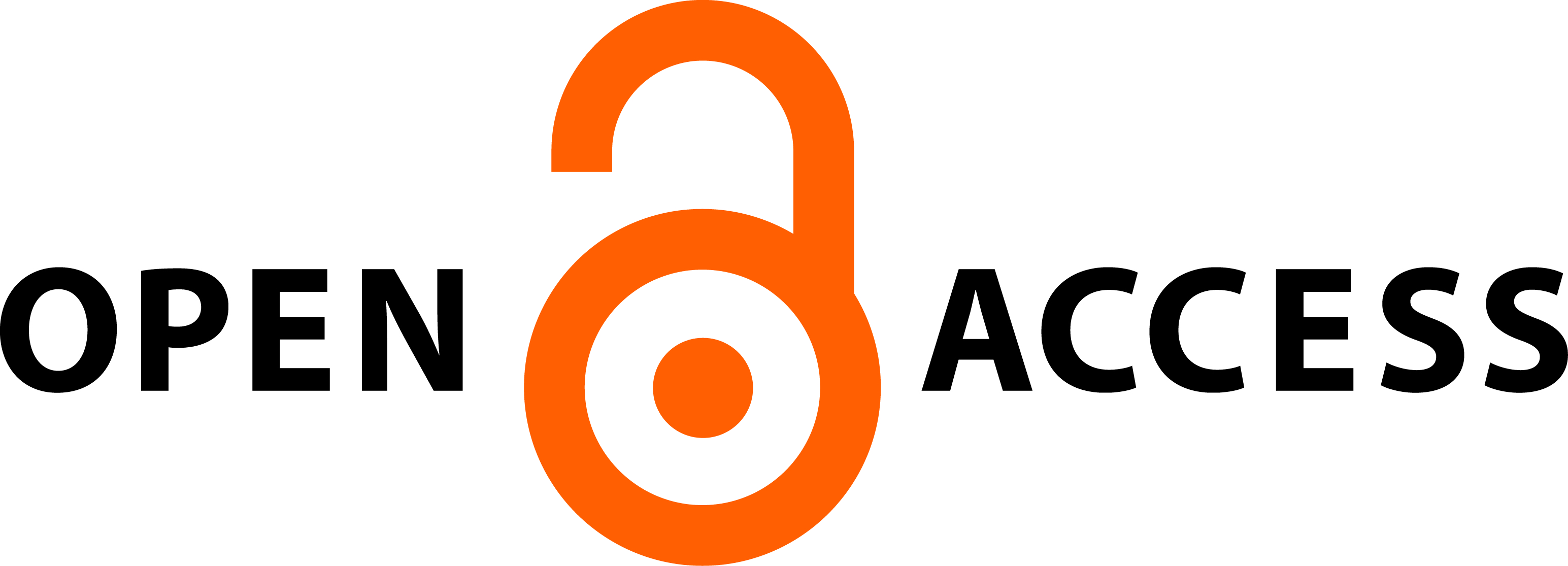Model Theory Of Planned Behaviour dalam Memprediksi Perilaku Konsumsi Jamu Perspektif Konsumsi Islam Serta Implikasi pada Strategi Pemasaran
Keywords:
Attitude, Knowledge, Perceived Subjective Norm, Marketing Strategy, Islamic Consumption PerspectiveAbstract
Abstract
Consumption of herbal medicine is one of the changes in people's behavior during the pandemic. This phenomenon causes the existence of herbal medicine and the habit of consuming herbal medicine to become a trend in society. Phenomena related to the consumption of herbal medicine have occurred a lot. However, it has not received much attention from researchers, especially in implicating it in marketing strategies and studying it from the Islamic consumption perspective. This study aims to overcome this gap by analyzing the relationship between attitudes, perceived subjective norms, and knowledge of the behavior of the Banyumas citizens in consuming herbal medicine in the perspective of Islamic consumption and their implications for marketing strategies. This study was carried out by quantitative methods. The sampling technique was purposive and accidental sampling with the formula of unknown populations. The data collection technique used a questionnaire compiled in Google Form, and the data analysis technique used multiple linear regressions. The results showed that attitudes and knowledge had a positive effect on the consumption behavior of the Banyumas citizens, and another finding was that subjective norms had no significant effect on people's behavior in consuming herbal medicine. The implementation of the marketing strategy is shown by segmentation of demographics, gender, and age as well as the results of attitudes and knowledge so that marketers can determine strategies for marketing herbal medicine to the Banyumas citizens. Based on the results of research studied in an Islamic perspective, the consumption behavior of Banyumas citizens is reflected in the ethics of consumption in Islam, that is by paying attention to the benefits or uses and paying attention to the kind of foods consumed are good, halal, and not excessive.
Abstrak
Fenomena perubahan perilaku masyarakat selama masa pandemi salah satunya terkait dengan konsumsi jamu. Fenomena tersebut menyebabkan keberadaan jamu dan budaya konsumsi jamu kembali menjadi trend ditengah-tengah masyarakat. Fenomena terkait masyarakat konsumsi jamu sudah banyak terjadi akan tetapi belum banyak mendapatkan perhatian dari peneliti terutama mengimplikasikannya pada strategi pemasaran serta mengkajinya dalam perpektif konsumsi islam. Tujuan penelitian ini untuk mengatasi kesenjangan tersebut dengan menganalisis hubungan sikap, perceived subjektive norm dan pengetahuan terhadap perilaku masyarakat Banyumas dalam mengkonsumsi jamu dalam perspektif konsumsi islam serta implikasinya pada strategi pemasaran. Penelitian ini menggunakan metode kuantitatif. Teknik pengambilan sampel dengan purposive dan accidental sampling dengan rumus unknown populations. Teknik pengumpulan data menggunakan kuesioner yang disusun dalam bentuk google form. Teknik analisis data dengan regresi linier berganda. Hasil penelitian menunjukan bahwa sikap dan pengetahun berpengaruh positif terhadap perilaku konsumsi jamu masyarakat Banyumas, dan temuan lain bahwa subyektif norm tidak berpengaruh secara signifikan terhadap perilaku masyarakat dalam konsumsi jamu. Adapun implementasi strategi pemasaran ditunjukan dengan segmentasi demografi, jenis kelamin dan usia serta hasil dari sikap dan pengetahaun sehingga bisa ditentukan strategi yang harus pemasar lakukan dalam memasarkan jamu kepada Masyarakat Banyumas. Berdasarkan hasil temuan apabila dikaji dalam perspektif islam bahwa perilaku konsumsi jamu masyarakat Banyumas tercermin dalam etika konsumsi dalam islam yaitu dengan memperhatikan manfaat atau kegunaan serta memperhatikan jenis barang yang dikonsumsi baik dan halal serta tidak berlebih-lebihan.
Downloads
Additional Files
Published
Issue
Section
License
Requirements to be met by the author as follows:
- Author storing copyright and grant the journal right of first publication manuscripts simultaneously with licensed under the Creative Commons Attribution License that allows others to share the work with a statement of the work's authorship and initial publication in this journal.
- Authors can enter into the preparation of additional contractual separately for non-exclusive distribution of a rich version of the journal issue (eg:post it to an institutional repository or publish it in a book), with the recognition of initial publication in this journal.
- Authors are allowed and encouraged to post their work online (eg, in institutional repositories or on their website) prior to and during the submission process, because it can lead to productive exchanges, as well as citations earlier and more severe than published works. (see The Effect of Open Access).















